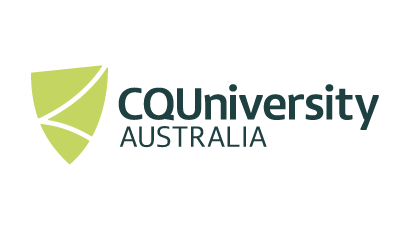Supporting Adult and Adolescent Students with Dyslexia
Posted 2 years ago by Central Queensland University (CQU)
Understand what it’s like to study with dyslexia
It’s estimated that around five to 15% of the world’s population is dyslexic. Despite being such a widespread condition, dyslexia continues to have a significant impact on students’ learning and wellbeing.
On this three-week course from Central Queensland University, you’ll discover what it means to study with dyslexia. You’ll learn about the causes and impacts of the condition, and explore how the curriculum could be made more accessible to dyslexic students.
Delve into the causes and impacts of dyslexia
Dyslexia is a neurodevelopmental condition affecting a person’s ability to read, write, and spell.
You’ll start by investigating the causes and impacts of dyslexia, focusing specifically on difficulties associated with reading.
Home in on the characteristics of dyslexia in adults
Adults with dyslexia may feel less comfortable discussing their condition and the difficulties it causes.
You’ll take a closer look at how dyslexia presents in adults, and identify ways of supporting adult students.
Understand Universal Design for Learning (UDL) and its recommendations for accessibility
Universal Design for Learning (UDL) is a set of guidelines designed to improve accessibility in education. You’ll gain an introduction to the UDL framework, reflecting on how its recommendations could be incorporated into the curriculum.
You’ll finish the course inspired to make education more accessible to dyslexic adolescents and adults.
This course is designed for educators working with dyslexic adults and/or adolescents, as well as anyone with a broad interest in dyslexia.
This course is designed for educators working with dyslexic adults and/or adolescents, as well as anyone with a broad interest in dyslexia.
- Identify the reading process and specific difficulties associated with dyslexia and the neurological nature of their origin
- Describe other characteristics associated with dyslexia in adults and potential impacts of dyslexia on learning and well-being
- Identify strategies for supporting adult students with dyslexia
- Describe the concepts of Universal Design in Learning (UDL)
- Identify strategies for making curriculum more accessible to students with dyslexia
Central Queensland University (CQU) - Latest Courses
Understanding and Tackling Adolescent to Parent Violence
- 3 weeks
- Online
Understanding Coercive Control
- 2 weeks
- Online
Personal Trainer's Toolkit: Workplace Health and Safety in a Fitness Setting
- 2 weeks
- Online
Personal Trainer's Toolkit: Providing Nutritional Advice to Your Clients
- 2 weeks
- Online
Personal Trainer's Toolkit: Build an Outdoor Fitness Business
- 2 weeks
- Online


